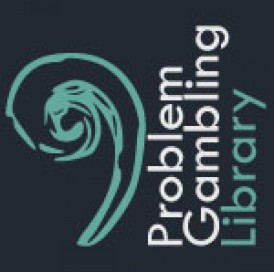Humans often make decisions which maximize an internal utility function. For example, humans often maximize their expected reward when gambling and this is considered as a “rational” decision. However, humans tend to change their betting strategies depending on how they “feel”. If someone has experienced a losing streak, they may “feel” that they are more likely to win on the next hand even though the odds of the game have not changed. That is, their decisions are driven by their emotional state. In this paper, we investigate how the human brain responds to wins and losses during gambling. Using a combination of local field potential recordings in human subjects performing a financial decision-making task, spectral analyses, and non-parametric cluster statistics, we investigated whether neural responses in different cognitive and limbic brain areas differ between wins and losses after decisions are made…
